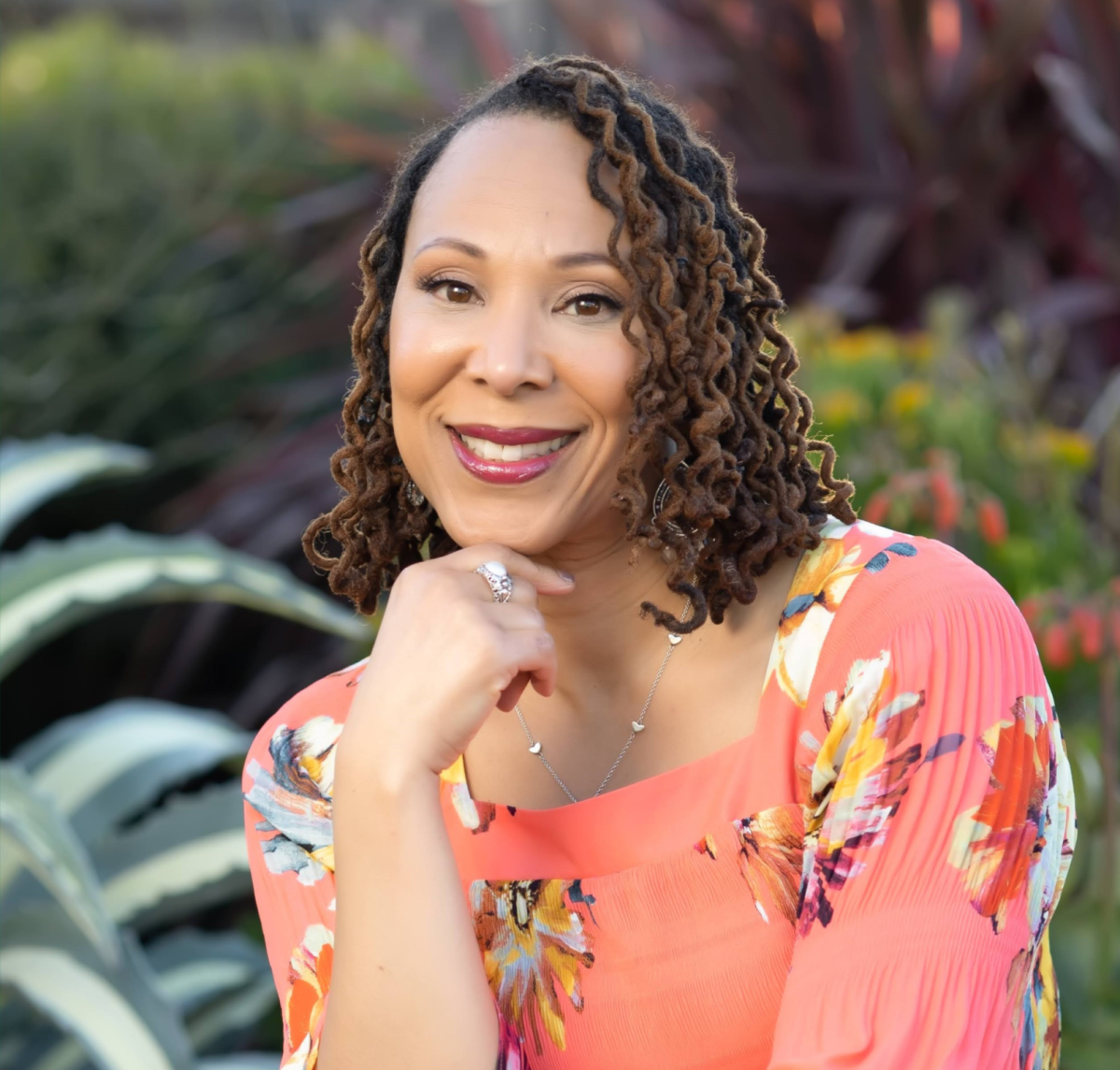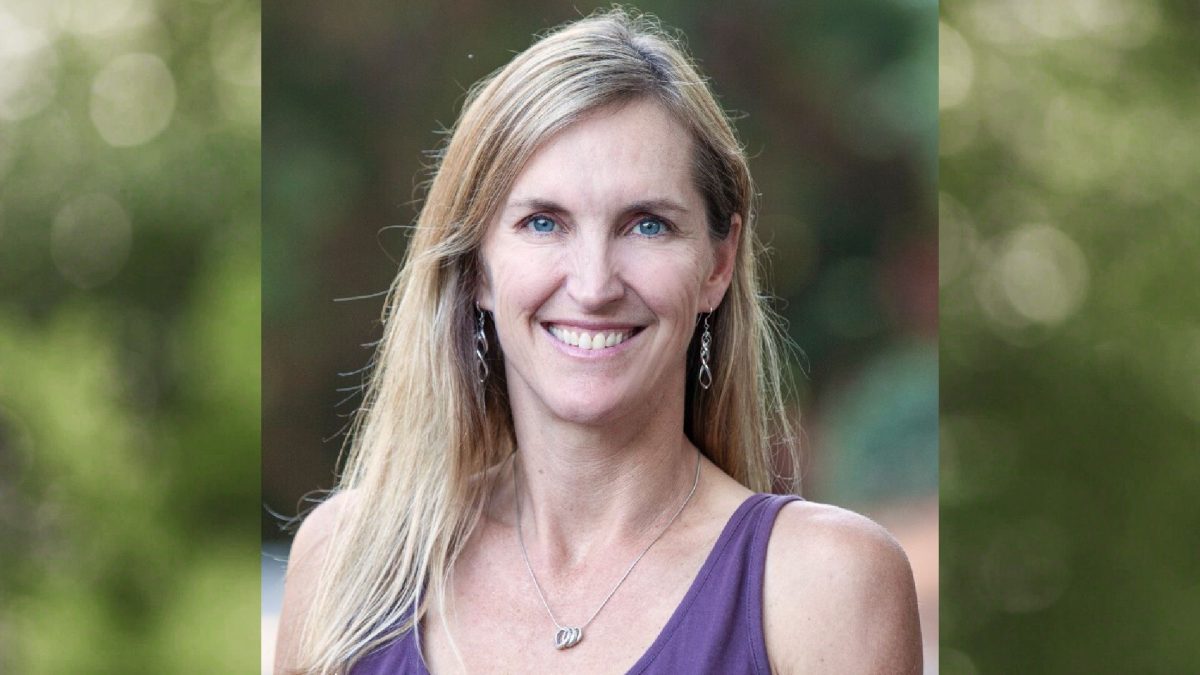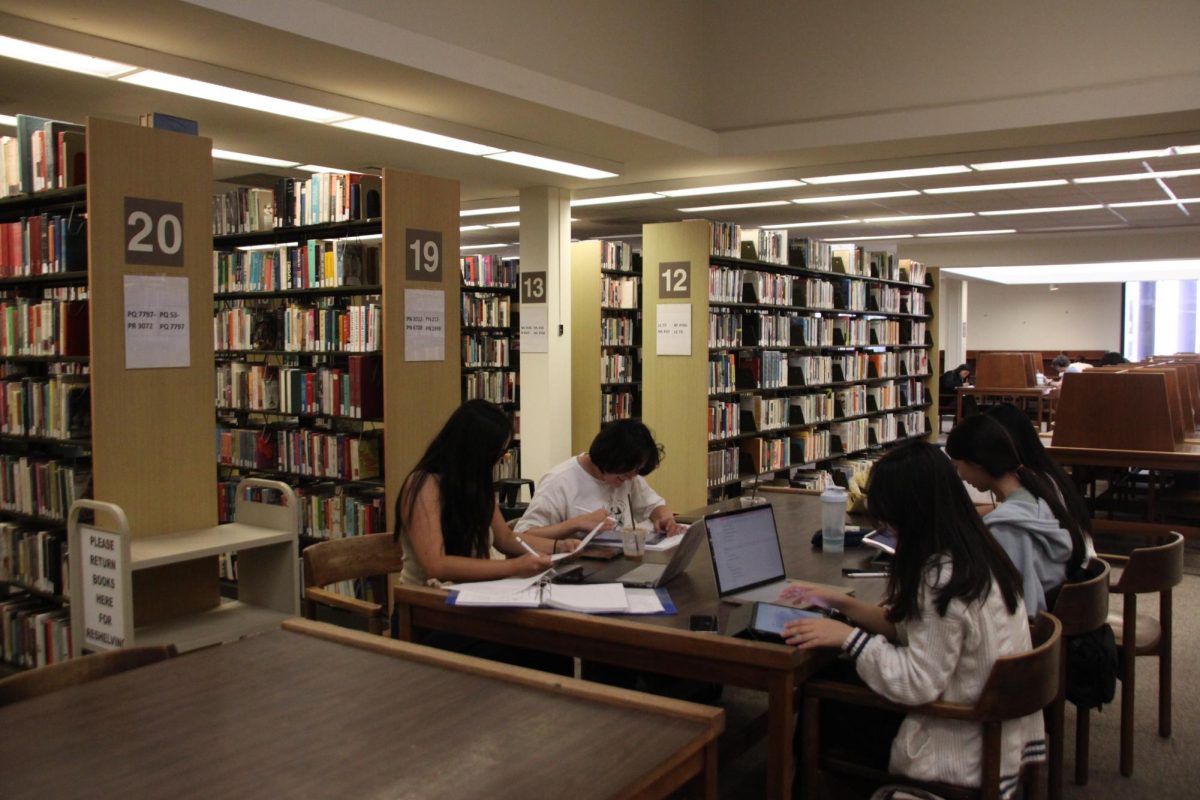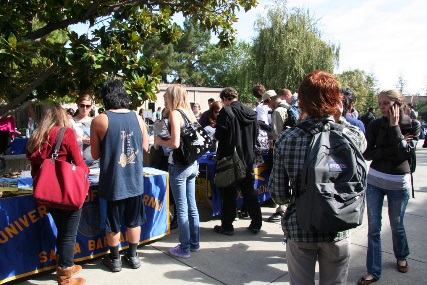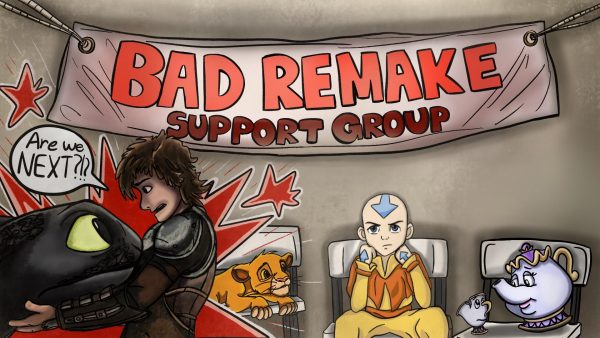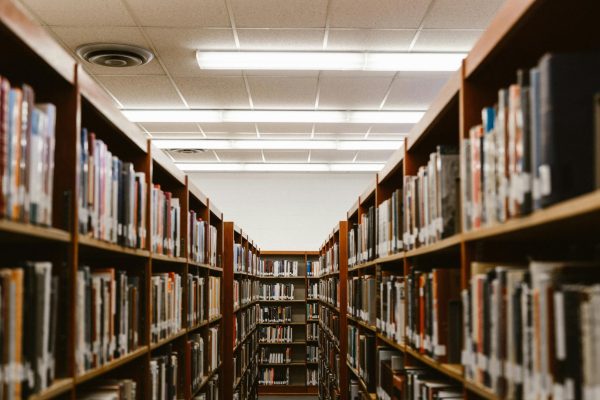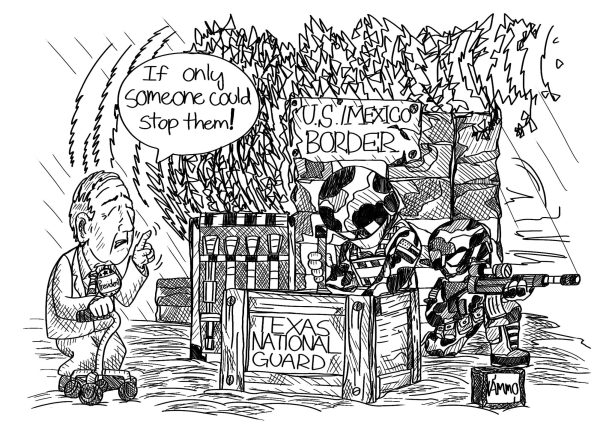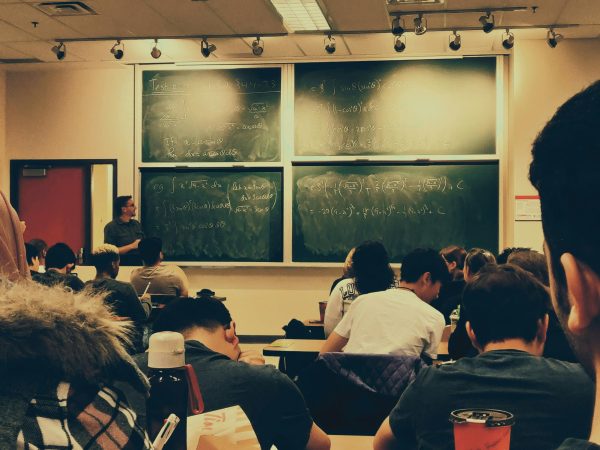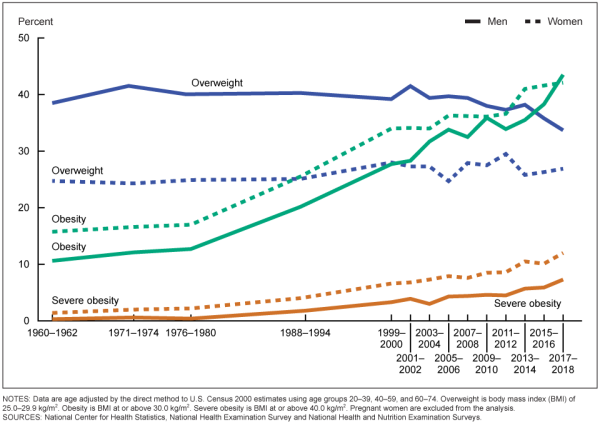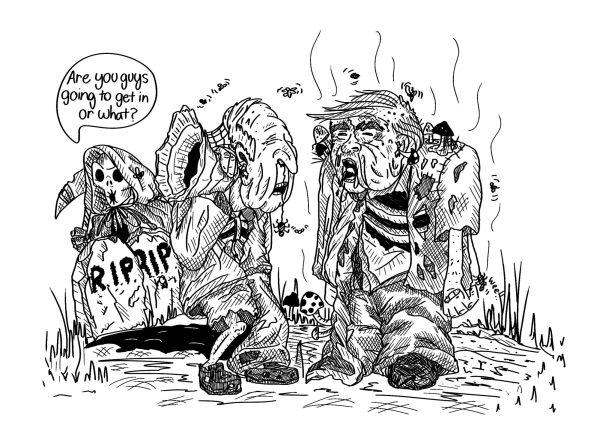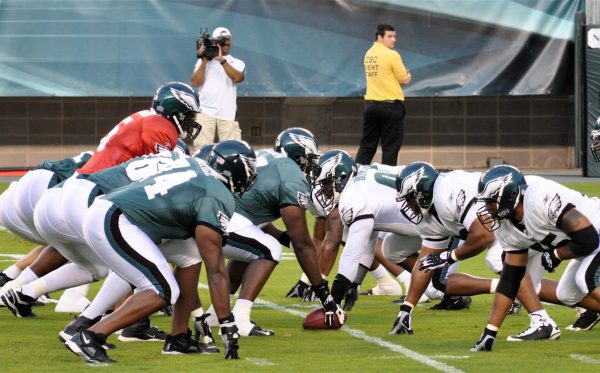Veterans and war victims face the same fate
November 14, 2014
As I awoke to a cloudy Bay Area sky, a certain melancholy swept over me.
It is a day like any other, yet I know I won’t have to fight my way through the urban battle of traffic, schools are closed, federal and state workers are off.
It is Veterans’ Day.
I was never in the military, but I have lived through war. I have never been part of a combat unit, yet I have lost more people than I can count on one hand.
I didn’t go through a war zone, yet I have lived in one. I can feel the angst, fear and hopelessness that one feels, being in the middle of it all.
The lives of most survivors of war are intertwined with those of military members around the world. We have both faced enemies; we have seen what it looks like when humans do horrible things to other humans.
The most obvious difference: one is a casualty of war, the other, a self-proclaimed protector. The lines between savior and occupier are often blurred, and humans like to choose sides.
As a child of war, living in a place like the Bay Area is surreal. Life is relatively easy; it is comfortable; it is mostly uneventful and often mundane. How can someone who has lived through bombings and a rain of missiles relate to someone whose worst day consists of lack of funds in the bank account to buy a video game?
How can someone who has lived in a refugee camp, safe, yet imprisoned behind 10-foot barbed-wire fences, relate to someone who lives in a 6,000-square-foot home, yet complains their room is too small?
One can’t.
Children of war are masters at adapting and blending in. But we see the world through a different lens. Such children are hyper-aware, alert and not easily shaken.
Such children have post traumatic stress disorders but a stranger could never tell. Such children often function well in society, but they live in their own world.
Veterans who have been through combat experience similar feelings; a lack of relatability. Some, if not most, experience difficulty adjusting to civilian life. They come back from two, three, four tours of Afghanistan, Iraq and other conflict zones.
They have witnessed the worst of mankind!
There is a war raging inside them, thoughts of staying put or re-enlisting. Thoughts of insecurity and angst. Thoughts and feelings which are too complex for our society to know how to deal with.
War does not discriminate; it is cruel to all involved.
What will happen to the thousands of combat soldiers when they return home? What will happen to the millions of displaced people who are victims of war? What will happen to the millions of children who have not known a day of peace since they took their first breath?
No one knows. We cannot yet entirely predict the consequences our civilization will face in a few years, after the wars of the past decade are over. But we can already see glimpses of the internal scars surfacing, in the form of veteran suicides, the breaking apart of families, domestic and social violence, severe mental disorders and physical damage in our society.
Perhaps soldiers and victims can find comfort in each other. The world will need to practice patience.



















